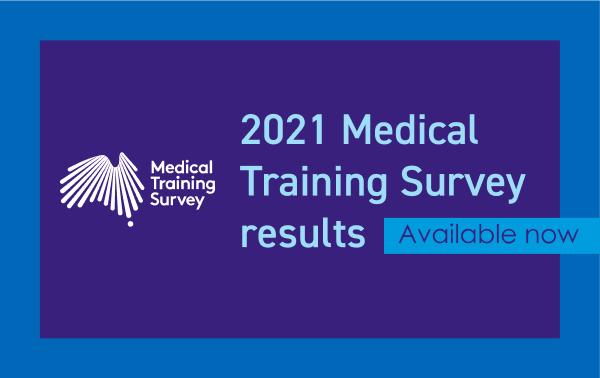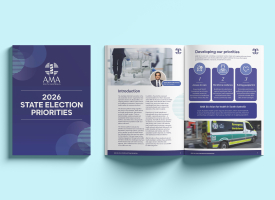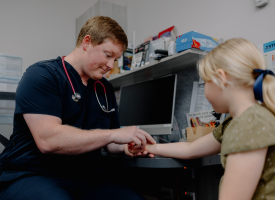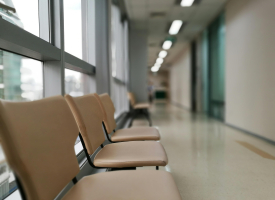Medical Training Survey Results
Results from the third national Medical Training Survey (MTS) have just been released and reveal that improvements still need to be made, especially when it comes to workplace culture and the unaccredited registrar space.

The data from the third MTS was collected in 2021 from more than half of Australia’s doctors in training (DiTs), with over 21,000 DiTs completing the survey. The average age of respondents was 33.5 years with 50 per cent of those completing the survey being in the 30- to 39-year-old age bracket. This reflects the stage of life that DiTs are often in, needing to balance family, mortgages, and other responsibilities outside of work and training.
The impact of the COVID-19 pandemic can’t be ignored with 42 per cent of DiTs reporting that COVID had a negative impact on their training and 39 per cent reporting a mix of positive and negative effects on their training. Those living in states more significantly affected by COVID were more likely to report negative impacts. The most common negative impacts were on routine teaching (54 per cent) and exam preparation (52 per cent). The most commonly reported positive outcome of COVID-19 was access to learning resources.
Overall results were similar to previous years although the quality of supervision improved with 86 per cent reporting high quality supervision. Unfortunately, improvements were not seen when it came to workplace culture with 35 per cent of DiTs stating they had either experienced or witnessed bullying, harassment, or discrimination.
This was a more common experience for Aboriginal and Torres Strait Islander DiTs, with 52 per cent experiencing or witnessing bullying, harassment, or discrimination. Interestingly, 90 per cent of DiTs thought they had received adequate training in cultural safety. Perhaps this is a misconception, or perhaps cultural education needs to be targeted more at senior medical staff as they were reported as being the source of bullying, harassment, and discrimination in more than half of all reported cases.
Of those who personally experienced bullying, harassment, or discrimination, 70 per cent stated that it had impacted on their training. Although 83 per cent percent of all respondents know how to raise concerns about these issues, 67 per cent of those personally affected didn’t report it. Of those who did, 58 per cent were satisfied with the follow up that occurred. This outlines the need for improved workplace culture. Bullying, harassment and discrimination should not be occurring in the first place and where it does, DiTs should feel comfortable reporting it and that appropriate action is being taken. This has been a major advocacy focus for AMA Council of Doctors in Training (AMACDT) over the past 12 months and will continue to be in 2022.
Another advocacy focus for AMACDT is prevocational and unaccredited registrar issues. Of note, 59 per cent of prevocational DiTs (not including interns) who completed the MTS stated that they did not have a training or professional development plan. This is an issue as of those who did have a plan, 92 per cent reported that it helps them to continue to develop as a doctor, advances their medical knowledge and prepares them for future medical practice. Another issue for prevocational doctors in access to training opportunities with 56 per cent stating that they had to compete with other DiTs for training opportunities. The AMACDT will continue to advocate for accreditation of all prevocational roles so that these issues can be addressed.
Read our AMA media here
The complete MTS results can be found at https://www.medicaltrainingsurvey.gov.au/
Dr Hannah Szewczyk
Deputy Co-Chair | Federal AMA Council of Doctors in Training



